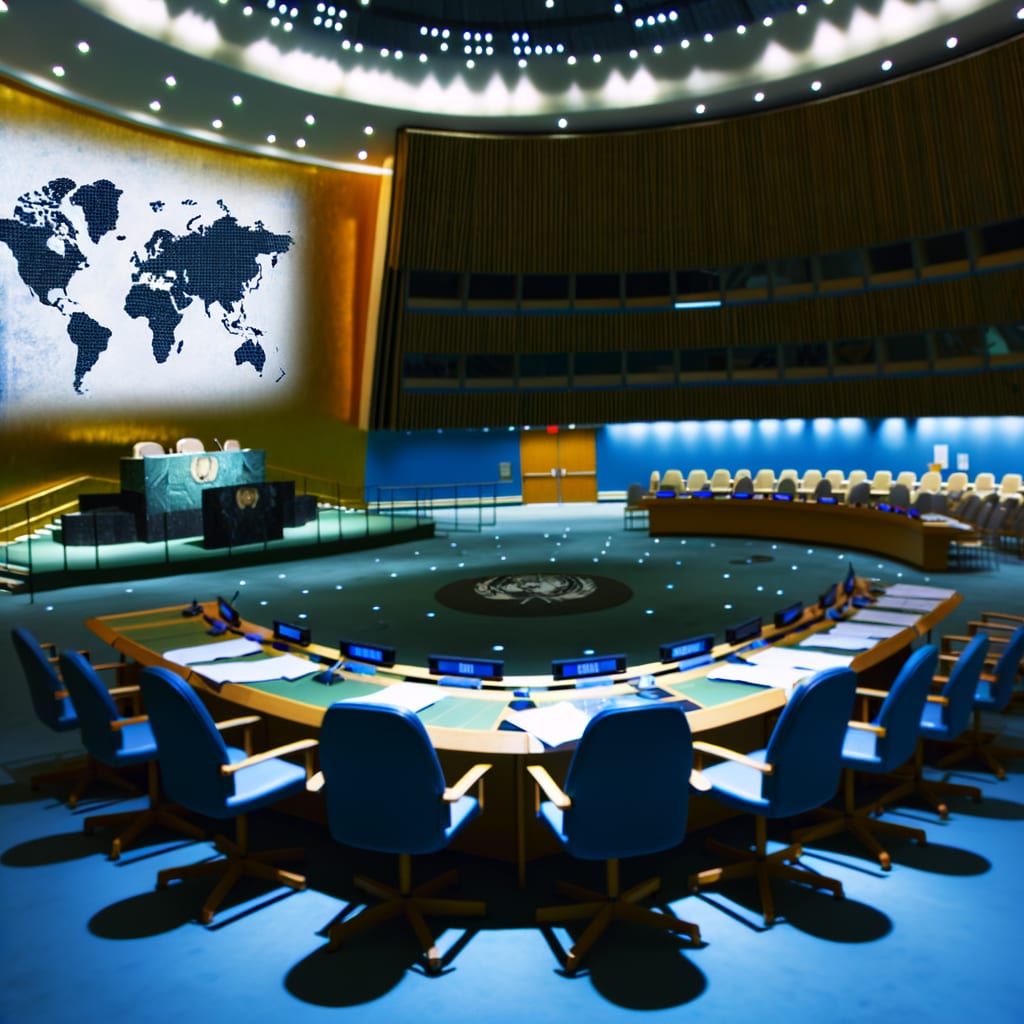UN Investigation into Alleged Israel Violence Hindered by Funding Shortage Amid Rising Genocide Claims
A United Nations inquiry into alleged violence by Israel in Gaza is facing significant setbacks due to a funding shortfall, impeding its ability to hire staff and present mandated reports to the UN Human Rights Council. This comes amid mounting international scrutiny and accusations of genocide against Israel over its ongoing military offensive on Gaza.
Background and Context
As Israel's military offensive on Gaza nears the two-year mark, tens of thousands of Palestinians have been killed, and the entire population has been forcibly displaced multiple times. The situation has been further exacerbated by rising starvation deaths amid an Israeli blockade and aid sites described as killing sites
by international humanitarian agencies.
The situation has led to vehement discussions within international legal circles, with many legal and Holocaust scholars agreeing that Israel's actions constitute genocide. Despite this, many countries, including the UK, have shown reluctance in labeling the situation as such, with UK Foreign Minister David Lammy suggesting last year that not enough people had been killed for it to warrant the term.
Key Developments
The International Court of Justice (ICJ) has faced calls for Judge Sebutinde to resign from the Israel genocide case following a controversial statement expressing personal religious support for Israel.
Moreover, a significant shift in public opinion has been noted in the United States, where a recent Quinnipiac poll revealed that half of US voters believe Israel is committing genocide in Gaza, with six in ten opposing increased military aid to Israel.
Implications and Reactions
The US's abstention from UN resolutions condemning Israel's actions in Gaza has drawn criticism from Hamas, who accused the US of complicity in the alleged crimes and bearing responsibility for the famine and massacres in Gaza.
Meanwhile, the UN rights staff have demanded that their superiors label the situation in Gaza as genocide. Over 500 staff members sent a letter to UN High Commissioner for Human Rights Volker Turk, stating that the UN's failure to denounce an unfolding genocide undermines the credibility of the organization and the human rights system itself.
Significant international condemnation has also been voiced, with nearly 300 Muslim religious leaders from across Albania issuing a statement denouncing Israel’s ongoing war on Gaza as genocide.
Conclusion and Current Status
Given the ongoing debate and the mounting evidence presented by various human rights organizations, the situation in Gaza is increasingly being viewed as a potential genocide. Despite this, the lack of consensus among nations and the recent funding shortfall faced by the UN inquiry present significant obstacles in establishing an official designation and taking appropriate action. The international community continues to watch closely as the situation unfolds.

